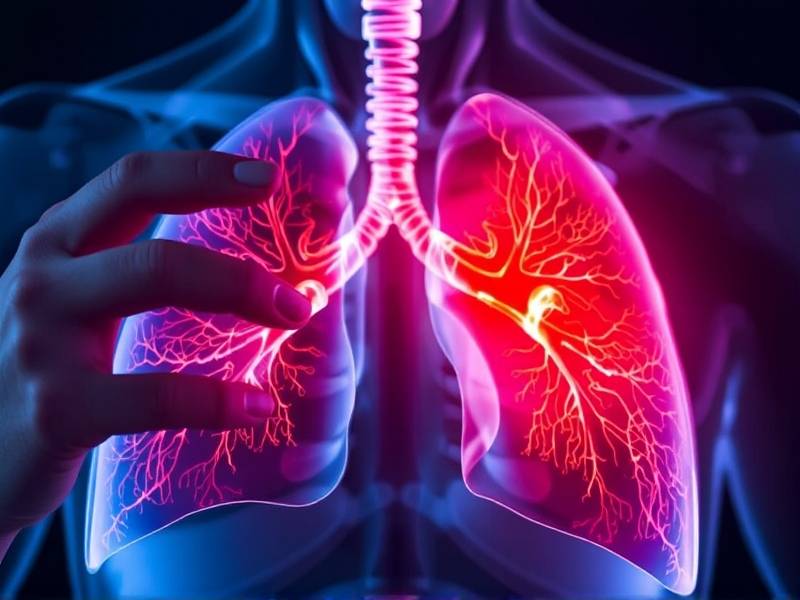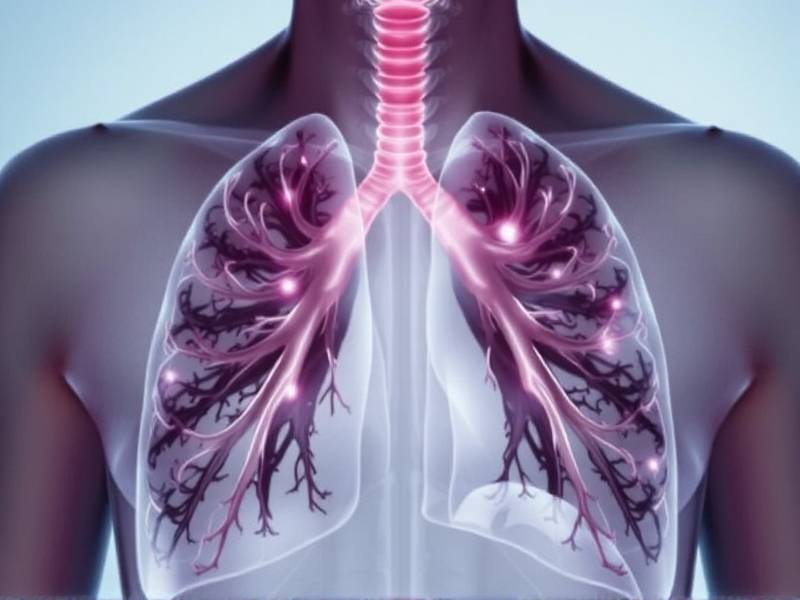How Fast Do Lungs Heal After Quitting Smoking?
The Swift Recovery of Lungs After Smoking Cessation: A Journey to Better Health
Introduction: The decision to quit smoking is a significant step towards improving one's health. While the benefits of quitting are numerous, many individuals often wonder about the timeline for lung recovery. This article delves into how fast lungs heal after quitting smoking, offering insights and hope for those on this transformative journey.

How Fast Do Lungs Heal After Quitting Smoking?

-
Immediate Benefits: Within minutes of quitting smoking, your body begins to respond positively. The carbon monoxide levels in your blood start to drop, and your heart rate and blood pressure gradually return to normal. Additionally, the oxygen levels in your blood increase, leading to improved overall energy.
-
Short-Term Improvements: Within the first few weeks after quitting smoking, you may notice several short-term improvements in lung function. The inflammation and cilia damage caused by smoking start to heal, allowing your lungs to clear mucus more effectively. This leads to an improvement in breathing and a decrease in coughing and shortness of breath.
-
Long-Term Recovery: The long-term recovery process varies from person to person but generally takes several years. Here are some key milestones:
a) One Year: The risk of heart disease starts to decrease as lung function continues to improve.
b) Five Years: The risk of stroke decreases significantly.
c) Ten Years: The risk of lung cancer drops by half compared to a continuing smoker.
-
Continuous Improvement: It's important to note that lung recovery is an ongoing process that continues throughout your life. By maintaining a smoke-free lifestyle, you can further enhance the healing process and reduce the risk of developing chronic respiratory diseases.
-
Factors Affecting Lung Recovery: Several factors can influence how quickly your lungs heal after quitting smoking:
a) Duration of Smoking: The longer you smoked, the longer it may take for your lungs to recover fully.
b) Age: Younger individuals tend to recover faster than older individuals due to their stronger immune systems.
c) Overall Health: Individuals with pre-existing respiratory conditions may experience slower recovery compared to those without such conditions.
Conclusion: Quitting smoking is a crucial step towards better health, with noticeable improvements in lung function occurring relatively quickly after cessation. While the healing process may vary from person to person, it's essential to remain committed and patient throughout this journey. By adopting a smoke-free lifestyle and taking care of your overall health, you can continue improving your lung function and reducing the risk of respiratory diseases in the long run.
